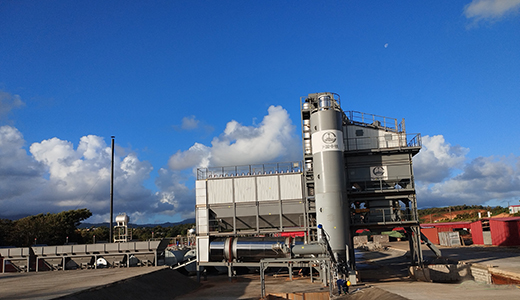This article discusses the importance and functioning of bitumen plants in the construction industry, highlighting their role in producing asphalt, technological advancements, and sustainable practices.

This article discusses the importance and functioning of bitumen plants in the construction industry, highlighting their role in producing asphalt, technological advancements, and sustainable practices.
Content Disclaimer
The content provided on this website is for informational purposes only. Some of the information, articles, images, and other materials available on this site may be sourced from third-party websites and public domain resources. While we make every effort to ensure the accuracy and reliability of the information, we do not take responsibility for the content provided by external sources.
Choosing the right asphalt mixing plant depends on your project’s needs. Batch type plants offer high-quality, customizable asphalt for large-scale projects, while continuous plants are cost-effective and suitable for smaller, tighter-budget projects. D&G Machinery helps clients select the best type for optimal efficiency and quality.
This article discusses the essential role of hot mix asphalt equipment in road construction and maintenance, covering its components such as asphalt plants, aggregate bins, control systems, and the use of mobile units. It highlights the production process, transportation of asphalt, and the importance of paving machines in ensuring high-quality pavement results.